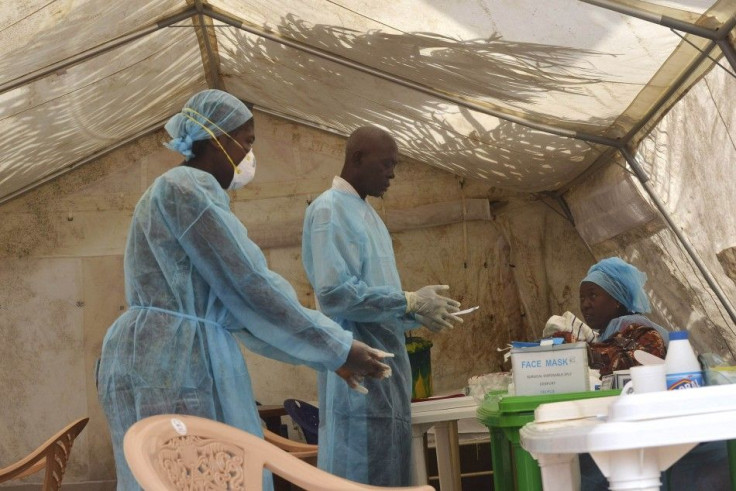Travel Alert: Canada Issues Warning Against Chikungunya Disease in Caribbean

Canada has issued a travel alert warning people going to the Caribbean to protect themselves against the Chikungunya disease now spreading in the region.
Chikungunya is a viral disease transmitted to humans by infected mosquitoes, according to the WHO. It causes fever and severe joint pain, as well as muscle pain, headache, nausea, fatigue and rash.
In its latest travel update on the virus, the Public Health Agency of Canada said the virus has spread to countries in Central and South America as well as the United States.
It urged travellers to first consult a health care provider or visit a travel health clinic at least six weeks before going to the Caribbean.
WHO said the disease shares some clinical signs with dengue. It is highly likely that a person afflicted with the Chikungunya disease might be misdiagnosed with dengue, especially if s/he is in an area where dengue is common.
WHO said there is no cure yet for the Chikungunya disease. Instead, treatment is focused on relieving the symptoms.
"Most patients recover fully, but in some cases joint pain may persist for several months, or even years. Occasional cases of eye, neurological and heart complications have been reported, as well as gastrointestinal complaints. Serious complications are not common, but in older people, the disease can contribute to the cause of death," the WHO said on its Web site.
The disease occurs in Africa, Asia and the Indian subcontinent. In recent decades mosquito vectors of chikungunya have spread to Europe and the Americas. In 2007, disease transmission was reported for the first time in a localized outbreak in north-eastern Italy.
WHO advised travellers to wear long sleeves and pants when in the Caribbean, as well as check if their accommodations are fitted with screens to prevent mosquitoes from entering.
WHO also advised using repellents containing contain DEET (N, N-diethyl-3-methylbenzamide), IR3535 (3-[N-acetyl-N-butyl]-aminopropionic acid ethyl ester) or icaridin (1-piperidinecarboxylic acid, 2-(2-hydroxyethyl)-1-methylpropylester).





















